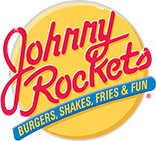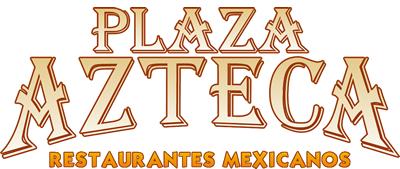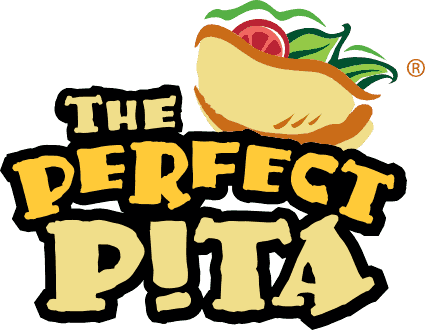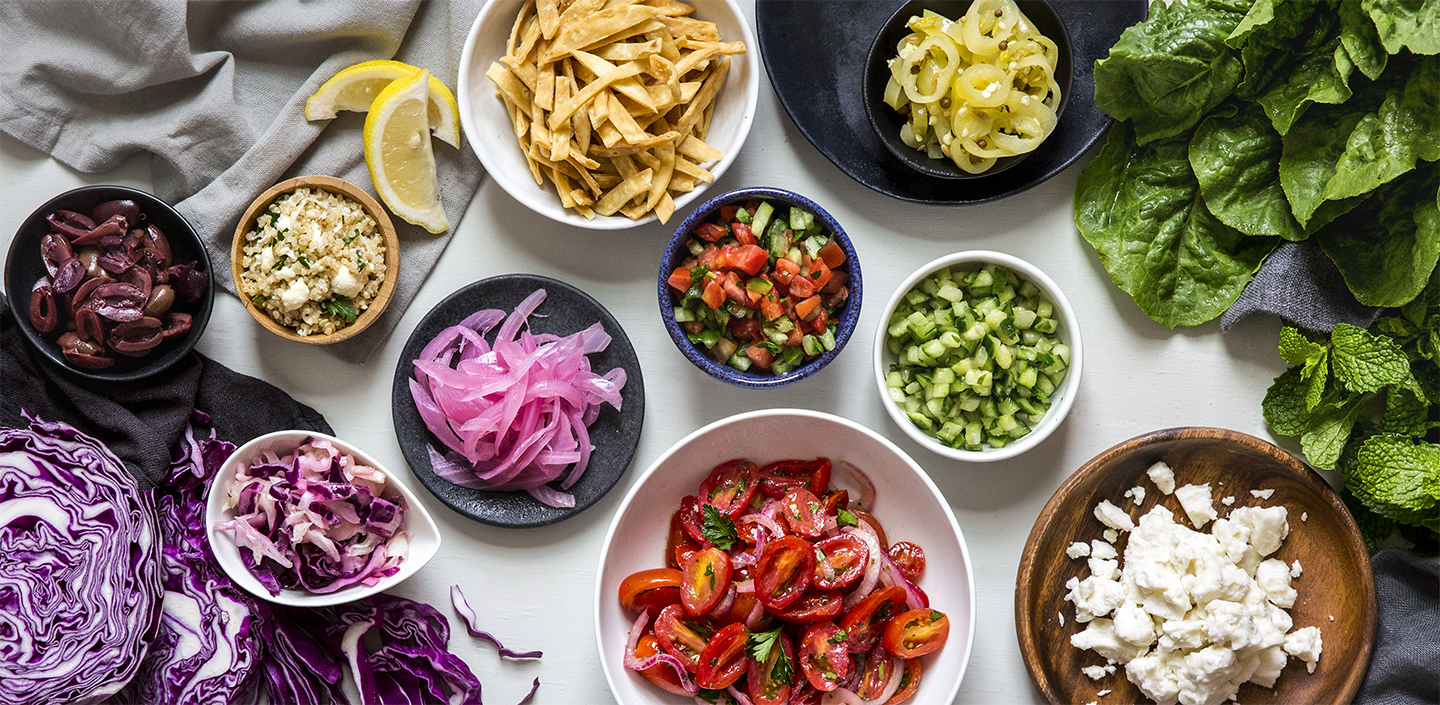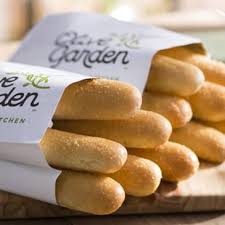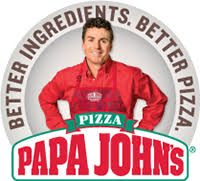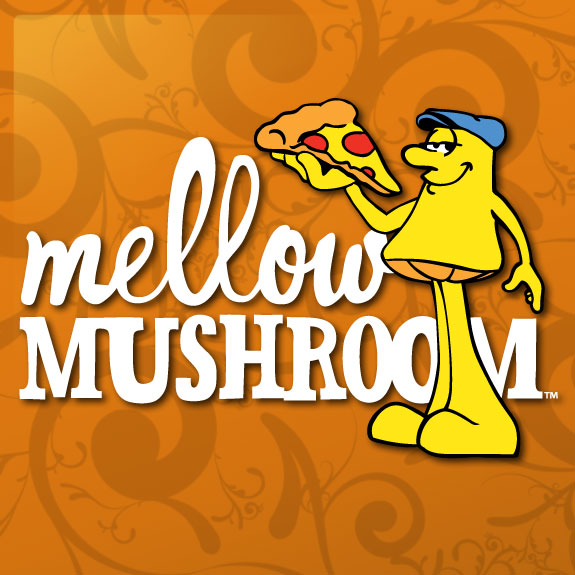Posted on
June 28, 2018 by
The VRG Blog Editor
By Jeanne Yacoubou, MS
In Fall 2017 The VRG received an intriguing email from an anonymous writer with this directive: “Please change xanthan gum to ‘sometimes vegan’ on your ingredient list (http://www.vrg.org/ingredients/). Xanthan gum is sometimes processed with egg whites. Thank you.”
Xanthan gum to the best of our knowledge is vegan. It is produced by bacterial fermentation. It is used to thicken food products or, as an emulsifier, to help water- & oil-based ingredients stay together.
This was the first time we had ever heard that xanthan gum is processed with egg whites. Xanthan gum is sometimes used in place of egg whites in recipes with ingredients that would separate if not for some kind of binder. Or possibly the emailer meant to say that egg was a component of the bacterial growth medium or used as a processing aid during manufacture.
To clarify matters, we asked the inquirer for his/her information source. In a follow-up email the writer provided us with a Facebook® post about a questionably vegan frozen dessert at Weis® Frozen Foods of Australia https://www.weis.com.au/products/weis-sorbet/dark-choc stating: “Attached is a screenshot confirming that at least one company used to use non-vegan xanthan gum.”
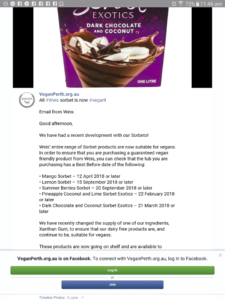
Weis Frozen Foods of Australia
The VRG followed up by contacting Weis and several vegan groups in Australia. Tuija, member of Animal Rights Advocates® and Vegan Perth® responded. www.ara.org.au www.veganperth.org.au. Zade, member of the Vegetarian & Vegan Society of Queensland® also replied. https://www.vegsoc.org.au/
They offered to contact Weis on our behalf expressing personal interest & an intent to inform their members.
Tuija and Zade relayed the same response that Weis sent to The VRG (see below).
Stewart Eddie, New Products Manager at Weis, replied in an email with the same information that appeared in the Facebook post reprinted above.
Next to the line about the Dark Chocolate and Coconut Sorbet Exotics Stewart added the following:
“*Dark Chocolate and Coconut Sorbet Exotics – 21 March 2018 or later –please note this product is no longer being manufactured.” He then went on to say:
“We have recently changed the supply of one of our ingredients, xanthan Gum, to ensure that our dairy free products are, and continue to be, suitable for vegans. To make the point clear, our sorbets never had xanthan gum derived from egg whites. There was a risk of cross contamination at the manufacturer of the xanthan gum. We risk assessed and deemed inappropriate to uphold a claim of suitable for vegans. These products are now going on shelf and are available to purchase from most major retailers.
We have also introduced a new range in August 2017 called Weis Real Good, Feel Good. This range of 2 tubs and 3 bars are also vegan friendly…”
The VRG followed up by asking: “We believe that the concern relates to the possibility of a processing aid derived from egg whites used to manufacture xanthan gum, not that the xanthan gum is sourced directly from egg whites. Can you confirm that your new xanthan supplier does not use this processing aid?”
Stewart replied: “We have verified our current supplier’s ingredients are indeed vegan suitable.”
So it appears to The VRG that Weis’ sorbet never had xanthan gum derived from egg whites nor processed with egg whites.
We found this information from an Australian group that has done some ingredient investigations.
On its xanthan gum page, it states:
“Originally, we had xanthan gum listed as a vegan friendly additive but after doing some research, we have removed it from the vegan list.
As with most food additives, there is not one hard and fast answer. It is possible to obtain vegan friendly xanthan gum, but it is also a smart idea not to assume that all xanthan gum is vegan friendly. Why isn’t it vegan friendly if it is derived from bacterial fermentation? The issue lies in the manufacturing process, or more specifically, during the clarification of the additive. As described in the patent for xanthan gum a patent for purifying xanthan gum, chicken lysozyme can be used. Additionally, in some instances, we found certain xanthan gum had been derived from fermentation of whey (a dairy by-product).”
This declassification of xanthan gum as vegan appears to be based on academic research. No information was provided on current manufacturers producing xanthan gum using egg whites.
We looked into the links concerning xanthan gum. We found an additional patent which contains the same passage as the link about animal-derived enzymes which could be used to manufacture xanthan gum.
https://patents.google.com/patent/US5994107
https://patents.google.com/patent/US5595892A/en
Here is the pertinent passage from these patent applications filed in the 1990s:
“As for lysozymes, there are known animal lysozymes, such as, egg white lysozymes of chickens, ducks, quails, turkeys, and geese, spleen lysozymes of dogs and rats, and lysozymes present in human urine (of leukemia patients), human milk, and tears. Plant lysozymes have been found in turnips, cabbages, and papaya juice. For the present invention, however, the origins of the enzymes are of little importance.”
In these patents, “Lysozyme Taiyo” was used. It is identified as a product of Taiyo Chemical Co.®
This 1998 book reference also refers to Taiyo Chemical Co. in the context of a lysozyme sourced from egg white.
https://books.google.com/books?id=X-DW_jzg2LgC&pg=PA229&lpg=PA229&dq=Lysozyme+Taiyo%22+of+Taiyo+Chemical&source=bl&ots=DOmv_I5o7S&sig=TrcZMcgYH-Wu5-6Oz_Gjge9A_XI&hl=en&sa=X&ved=0ahUKEwjA6PH98ILbAhVFnFkKHStoAGUQ6AEIKTAA#v=onepage&q=Lysozyme%20Taiyo%22%20of%20Taiyo%20Chemical&f=false
Both the patents and the book are dated from the 1990s. This fact alone raises our suspicions about whether it’s true today on a commercial basis.
Taiyo Chemical Co.
We looked up Taiyo Chemical Co. to see if they produce an egg white-derived lysozyme today. Although the company may have done so in its beginnings during the 1950s there is no mention of such a product today.
http://www.taiyo-chemicals.co.jp/en/
Also cited was a 1977 article on whey used in xanthan production titled “Xanthan Gum from Acid Whey”: https://pubs.acs.org/doi/abs/10.1021/bk-1977-0045.ch003 Again, the date raises the question of current practice.
What Current Xanthan Gum Manufacturers Say – No Egg Whites Ever
The VRG contacted three companies which manufacturer xanthan gum.
Cargill® did not respond to our inquiry at all.
We spoke with Tom at AEP Colloids® http://www.aepcolloids.com/products/xanthan-gum/ in January 2018. He told us in response to our question about egg whites in xanthan gum production: “Egg whites are never used. We use corn. Others may use other carbohydrates such as cane sugar.”
We also communicated by email with Jason from CP Kelco® Co. in February 2018. https://www.cpkelco.com/products/xanthan-gum/
He attached a letter to his reply from Cheryl Van Dyne, Director, Global Regulatory Affairs at CP Kelco. It stated: “Xanthan gum is a polysaccharide produced by bacterial fermentation of a pure culture of Xanthomonas campestris with protein and carbohydrate sources, such as but not limited to soy or corn analogs.”
We followed up by asking specifically if egg whites or cane sugar were used. Jason replied by attaching the product information sheet for xanthan gum. He prefaced the attachment by saying “The answers you requested can be found in the attached document.”
The document stated that xanthan gum was “suitable for a vegetarian diet.” It also stated that xanthan gum was “not suitable for a vegan diet.”
The reason why CP Kelco’s xanthan gum is not vegan was given later on in the document in a table on allergens and xanthan gum production. It’s clear from the table that xanthan gum is not declared vegan because it is manufactured in a factory with and on the same equipment as products containing egg. However, the xanthan gum is not cross-contaminated with egg products nor are egg products used to make it.
Corn is included in this allergen table because it serves as the growth medium for the bacteria making the xanthan gum. Cane sugar is not included since it is not one of the eight allergens which must be declared according to the FDA. However, CP Kelco included other substances in their table which are not FDA-regulated allergens such as corn.
I asked Jason if cane sugar’s absence from the list meant that cane sugar could not be a food source. Jason replied “Correct.”
Here’s a video on xanthan gum production at CP Kelco’s plant. https://www.youtube.com/watch?time_continue=12&v=x4q1qXX4yhI
General Conclusion about Xanthan Gum Manufacture
Neither egg nor milk products are used in xanthan gum’s manufacture. They are not used as either growth media or as processing aids.
CP Kelco states in its product information document that xanthan gum is not considered vegan because it is produced on machinery where egg products had been.
However, CP Kelco follows good manufacturing practices (GMPs) as they state in their product information document. In between product runs, machinery is thoroughly sanitized. There may be very slight residues present but all reasonable precautions dictated by GMPs had been taken to avoid any cross-contamination.
It seem in order to protect itself from legal liability in case someone with an egg allergy or a vegan consumes CP Kelco’s xanthan gum and tries to sue the company claiming they had been misinformed or misled, CP Kelco does not call it “vegan.”
As we’ve shown in the case of other ingredients, https://www.vrg.org/blog/2018/03/30/vegan-l-cysteine-update-l-cysteine-as-an-anti-browning-agent-for-pre-cut-fruit/ commercial manufacture is different from what happens in research laboratories. It may be true that animal- or dairy-derived ingredients could theoretically be used to produce certain ingredients on an industrial scale. There may even be patents on these procedures.
However, if non-animal and non-dairy alternatives are available, companies today in 2018 seem to often choose them over animal/dairy sources to manufacture their ingredients.
There are several reasons for this. Here are a few:
-Non-animal/dairy sources may be cheaper.
-There’s a more consistent supply of non-animal/dairy sources.
-There’s more consistent quality of non-animal/dairy sources.
-It’s easier to get religious certifications on non-animal/dairy sources.
-There are consumer concerns about animal-carried illnesses (such as BSE or Bird Flu) that consumers may have related to animal- or dairy-derived ingredients.
In light of this analysis, The Vegetarian Resource Group believes that the vegan classification of xanthan gum is correct. If you have documentation otherwise from companies currently producing xanthan gum, please share with us. https://www.vrg.org/ingredients/index.php#xanthan_gum
The contents of this website and our other publications, including Vegetarian Journal, are not intended to provide personal medical advice. Medical advice should be obtained from a qualified health professional. We often depend on product and ingredient information from company statements. It is impossible to be 100% sure about a statement, info can change, people have different views, and mistakes can be made. Please use your best judgment about whether a product is suitable for you. To be sure, do further research or confirmation on your own.
More ingredient information is at https://www.vrg.org/ingredients/index.php
